N.A. Class 8 net orders hit nine-month high in July, ACT says
According to ACT Research’s latest State of the Industry: NA Classes 5-8 Report, the U.S. economy continued to post good numbers in July, including a 1.2% month-over-month increase in retail sales, indicating that consumers’ wallets remain open for spending. Along with an increase in industrial production and strong housing activity, demand for commercial vehicles is
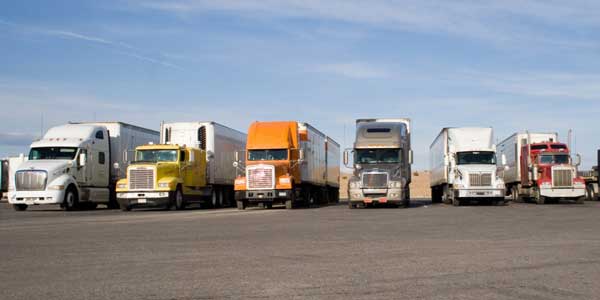
May Class 8 preliminary orders reflect market uncertainty
Both ACT Research and FTR reported preliminary commercial vehicle order numbers. ACT had preliminary North American Class 8 net orders in May at 6,700 units, up 56% from April, but down 38% from a very easy year-ago comparison. FTR had a similar count with preliminary Class 8 net orders for May at 6,600 units. “Reflecting
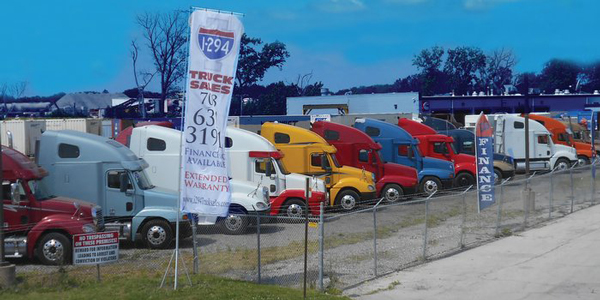
FTR reports COVID-19 virus brings down February trailer orders 45% y/y
Trailers order activity for February felt the impact of the COVID-19 virus, FTR reports, sliding to a paltry 13,000 units, the lowest total for the month of February since the recession year of 2009. February 2020 trailer orders were down 20% m/m and 45% y/y. Trailer orders have now totaled 184,000 units for the past
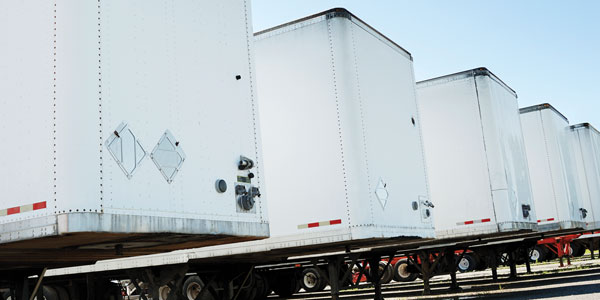
Class 8 orders fall unexpectedly in February
According to the latest numbers from both ACT Research Co. and FTR, Class 8 truck orders fell in February, amid a difficult time for the U.S. stock market driven by fears about the ongoing COVID-19 disease outbreak. Both ACT and FTR have the preliminary number for North American Class 8 orders in February at 14,100
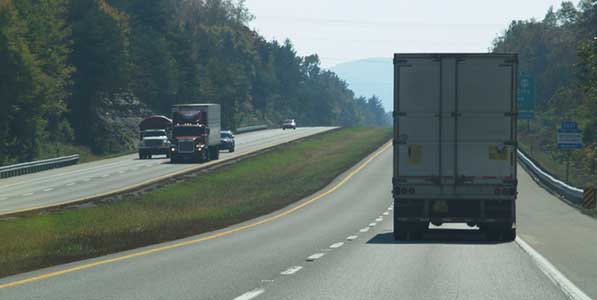
‘The market is pausing to take a breather’—Class 8 orders down month-over-month
According to the latest preliminary numbers from FTR and ACT Research, January’s Class 8 orders were down somewhat compared to last month, but up compared to the previous January. FTR has preliminary North American Class 8 orders for January at 17,700 units, following a consistent trend over the last four months when orders have averaged

Proper inflation means peak performance
As a best practice, fleets should utilize a properly calibrated pressure gauge at each wheel position to check tire pressure and adjust as recommended by the vehicle manufacturer.
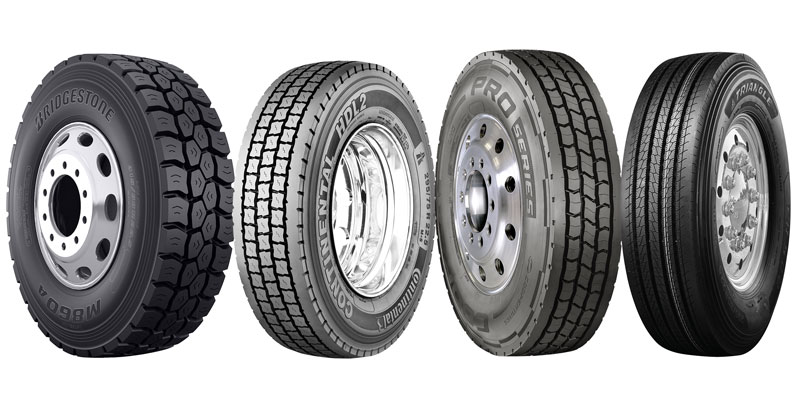
Executive interview: Kenworth is rolling with the changes
The sun is streaming through the shades of Kevin Baney’s corner office at Kenworth headquarters in Kirkland, Washington. It’s a brilliantly sunny morning—a rarity for Washington in October, Kevin tells me. Below these shades is a shelf on which sits three detailed models of Kenworth trucks—the T680, T880 and W990. Each of these models is

Bosch touts freight efficiency innovations
At NACV, Bosch showcased its portfolio of solutions to develop fuel cells for CVs. The Bosch portfolio consists of essential components needed to implement fuel-cell technology, such as hydrogen gas injector (HGI), Anode recirculation blower (ARB), electric air compressor (EAC) and fuel cell stacks. Bosch is also bringing electrification to medium-range delivery applications. The Deliver-E
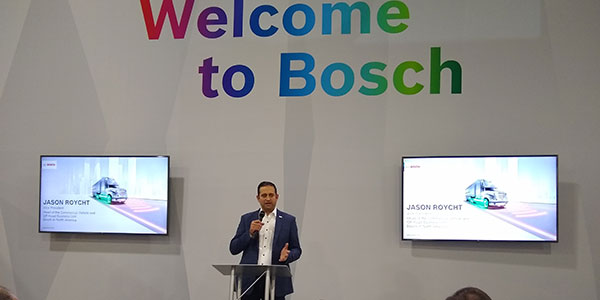
Verizon Connect offers Integrated Video product to help fleet managers improve safety
A new survey commissioned by Verizon Connect and Wakefield Research has identified misperceptions everyday drivers have about the level of danger posed by commercial drivers, including the finding that 83% of those surveyed believe they pose less risk on the road than commercial drivers. In actuality, only 3% of all severe crashes in the U.S. involve commercial vehicles, Verizon Connect says.
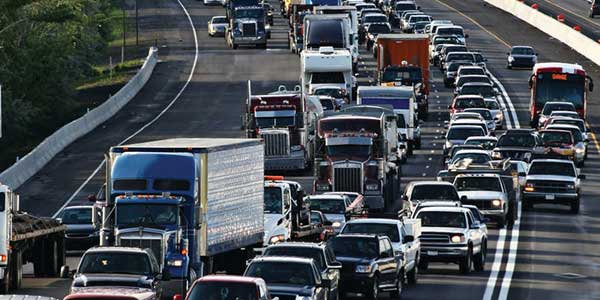
Learning to reduce fuel use
Fuel is one of the biggest cost centers for most fleets. In fact, it accounts for 22% of a fleet’s total average marginal costs, according to the American Transportation Research Institute. Not only does fuel represent a major cost, but historically fuel prices have been volatile, making it difficult for fleets to predict what fuel

